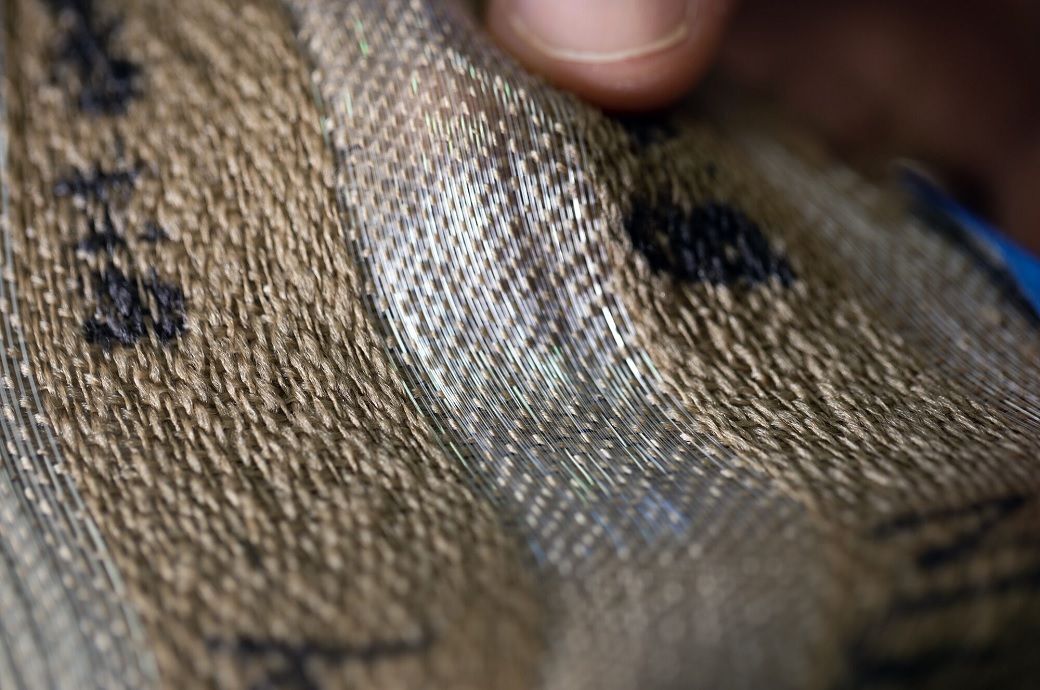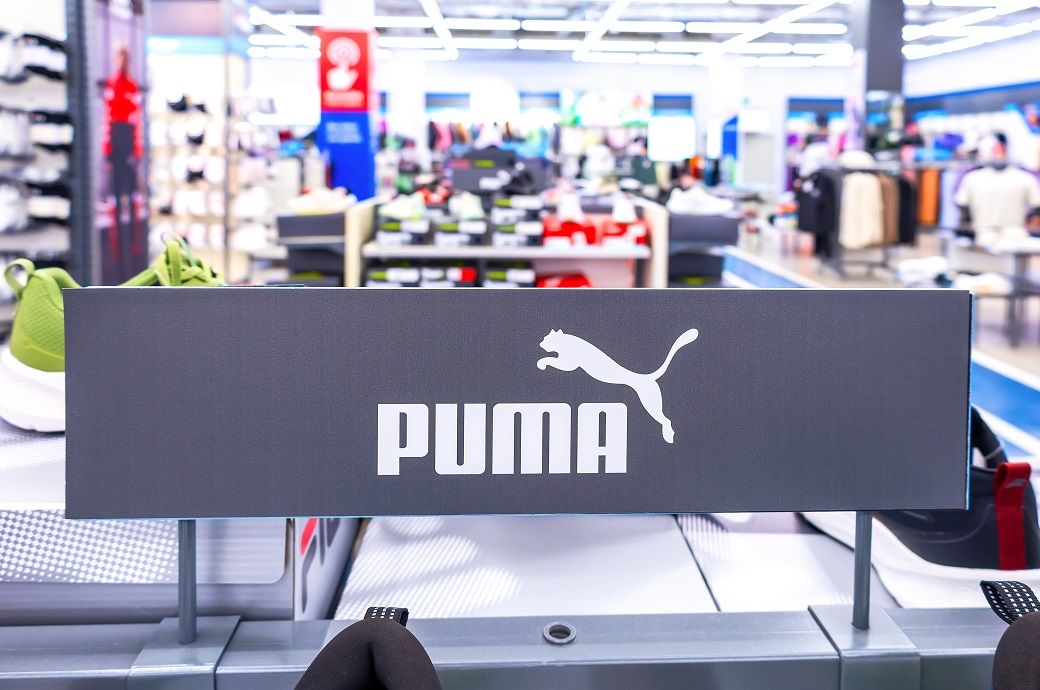
Less than 15 per cent of the 92 million tonnes of clothing and other textiles discarded annually are recycled, in part because they are so difficult to sort. Ordinary tags or tagless labels often don’t make it to the end of a garment’s life—they may be cut away or wear off. And tags on some counterfeit items may not provide an accurate account of the fabrics used in a garment, nor their source. Recycling, repair operations and counterfeit prevention could be more effective if a difficult-to-fake tag was woven into the fabric, invisible until read.
Photonic fibres could enable this capability. Each fibre can be customised to absorb specific wavelengths of light, ranging from ultraviolet to infrared, by varying the amount and thickness of acrylic and polycarbonate layers inside. While the materials are clear on their own, they bend and refract light when combined; creating optical effects that can look like colour—similar to the wings of a butterfly, the University of Michigan said in a press release.
Fibarcode, a University of Michigan spinout, is developing photonic-fibre barcodes woven into fabrics to improve recycling and prevent counterfeiting.
Supported by a $1.6 million NSF grant, it is launching pilot programmes and seeking partners.
The patented technology, co-invented by Brian Iezzi, encodes material and supply-chain data directly into textiles.
Unique combinations of absorbed wavelengths act like codes. After the scanner reads the code, it can find and quickly display associated information to help verify the garment’s fabric content and designer labels, as well as thread and fabric suppliers. Multiple unique photonic fibres can also be combined to help expand the total possible number of unique codes.
The grant will enable Fibarcode to launch its first pilot programme and partner with industry stakeholders and recycling centres. The company is actively seeking additional collaborators to accelerate the adoption of its technology across the supply chain.
Fibarcode was founded in 2024 by Brian Iezzi, a U-M doctoral graduate of the department of materials science and engineering. He co-invented and developed the technology in the lab of Max Shtein, professor of materials science and engineering and chemical engineering, as part of an earlier NSF-sponsored research project.
They both received entrepreneurial education and mentoring from the National Science Foundation Innovation Corps Hub: Great Lakes region, which is led by U-M and helps researchers extend their focus beyond the laboratory to increase economic and societal impact.
With the help of U-M Innovation Partnerships, Shtein and Iezzi secured patent protection, and Iezzi launched Fibarcode. Fibarcode is headquartered in Tennessee, in a two-year accelerator programme run by Oak Ridge National Laboratory. Iezzi and the University of Michigan have a financial interest in Fibarcode.
Fibre2Fashion News Desk (RR)





